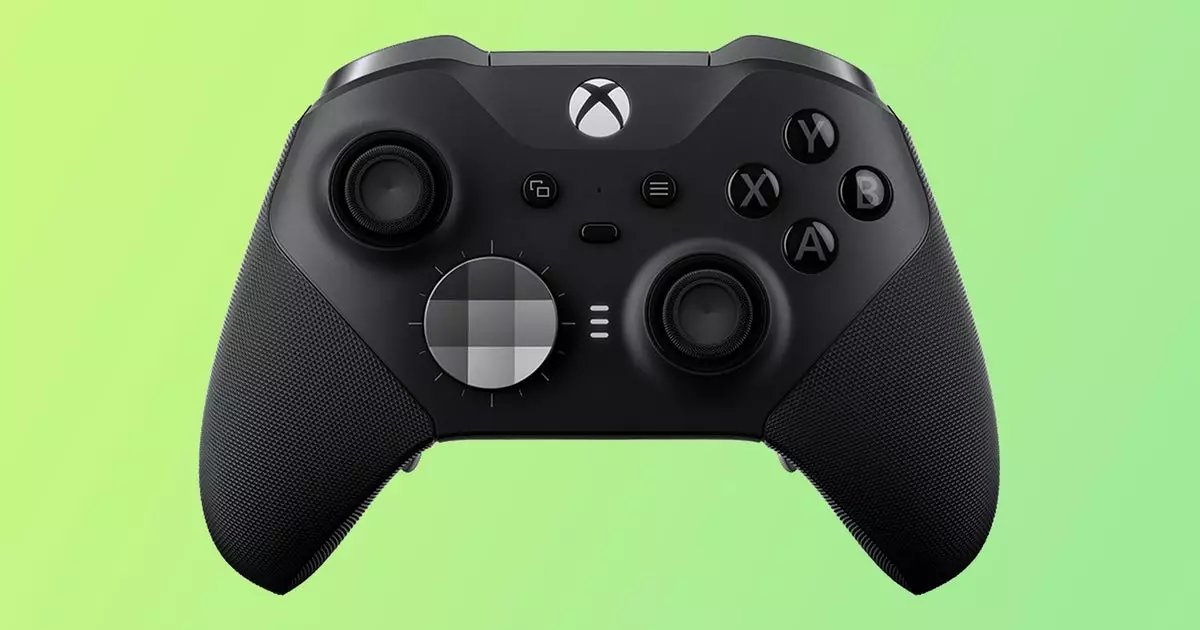In an age where social movements are increasingly intersecting with the digital realm, the Boycott, Divestment and Sanctions (BDS) movement’s latest initiative stands as a testament to the power of collective action. Gamers around the globe are being urged to cancel their subscriptions to Microsoft’s Game Pass, shun titles like Minecraft and Call of Duty, and withdraw support from any Microsoft Gaming products. This campaign is fueled by serious allegations surrounding the company’s ties to the Israeli military, particularly in the wake of its controversial military actions in Gaza. The implications of this movement stretch far beyond gaming; they reflect a growing demand for accountability from corporations involved in military conflicts.
Unpacking the Allegations Against Microsoft
In January, investigations surfaced alleging that Microsoft’s Azure cloud technology has been employed by the Israeli military for purposes that extend beyond administrative functions. Joint reporting by prominent media outlets highlighted how Azure is purportedly used to facilitate military operations, raising ethical questions about the responsibilities of tech giants in conflict situations. These allegations charge that Microsoft is not merely an innocent technology provider but a contributor to actions that could be deemed complicity in human rights violations.
Evidence suggests that Microsoft has enhanced its relationships with Israeli defense forces significantly since the escalation of violence in October 2023. Reports claim Microsoft has provided substantial resources—estimated at over $10 million—in both technology and support services aimed at assisting military operations. The unsettling nature of these accusations calls into question not only Microsoft’s corporate ethics but also the role of technology in modern warfare.
The Power of Consumer Choice
The call for action by BDS serves as a poignant reminder that companies must answer not just to their shareholders, but to the global community. The digital age empowers consumers with a platform to voice their discontent and pursue ethical accountability. Gamers wield considerable influence, and their collective stance can impact Microsoft’s business decisions, compelling it to evaluate its partnerships and practices critically.
The response from the gaming community can serve as a unifying force, drawing attention to issues that often remain overlooked in more traditional forms of activism. Gamers who choose to participate in this boycott are acting out of a principle that transcends entertainment; they are demanding social responsibility from corporations that wield significant power over global affairs.
Diving Deeper into Corporate Responsibility
This situation raises essential questions about corporate ethics—specifically, how companies like Microsoft navigate their responsibilities in politically sensitive environments. The tech giant has previously faced scrutiny for its dealings with Israeli security organizations, particularly in 2020 when its investments in facial recognition technology, used at border checkpoints, sparked backlash. Microsoft’s subsequent decision to divest from these collaborations illustrated a recognition of the ethical implications of their corporate choices.
However, the current scenario suggests that more proactive measures are necessary. As technology increasingly becomes integral to national security efforts, companies must assess the moral ramifications of their innovations and align their business models with humanitarian standards. It is no longer sufficient to react to backlash; corporations must actively engage in responsible practices, communicating transparently with consumers about their business operations.
The Role of Activists in Shaping Public Discourse
The voices of activists, particularly those like former Microsoft employees Abdo Mohamed and Hossam Nasr, who organized memorials for Palestinian lives lost, amplify the call for social justice. Their dismissal by Microsoft underscores a larger conversation about corporate culture and the suppression of dissenting voices within major companies. It highlights the need for a corporate environment that welcomes discourse and reflects a diverse range of perspectives.
Activism has permeated aspects of culture, and this is especially true within the gaming community. By leveraging their platform, gamers can spark conversations about ethics, morality, and the responsibilities of companies operating globally. When individuals rally together, they curate a communal narrative that holds corporations accountable, influencing both consumer behavior and corporate practices for the better.
The BDS movement’s call to boycott Microsoft gaming products is not just a protest; it’s a manifestation of a broader demand for ethical accountability within the tech industry. As the lines between entertainment and advocacy blur, the role of gamers evolves into that of informed citizens who can harness their collective power. The time has come for consumers to engage actively with the businesses they patronize, fostering a landscape where corporate responsibility is as crucial as entertainment value. This is not merely a call for the cancellation of subscriptions—it’s an invitation to rethink our relationship with technology in a world increasingly shaped by moral choices.

